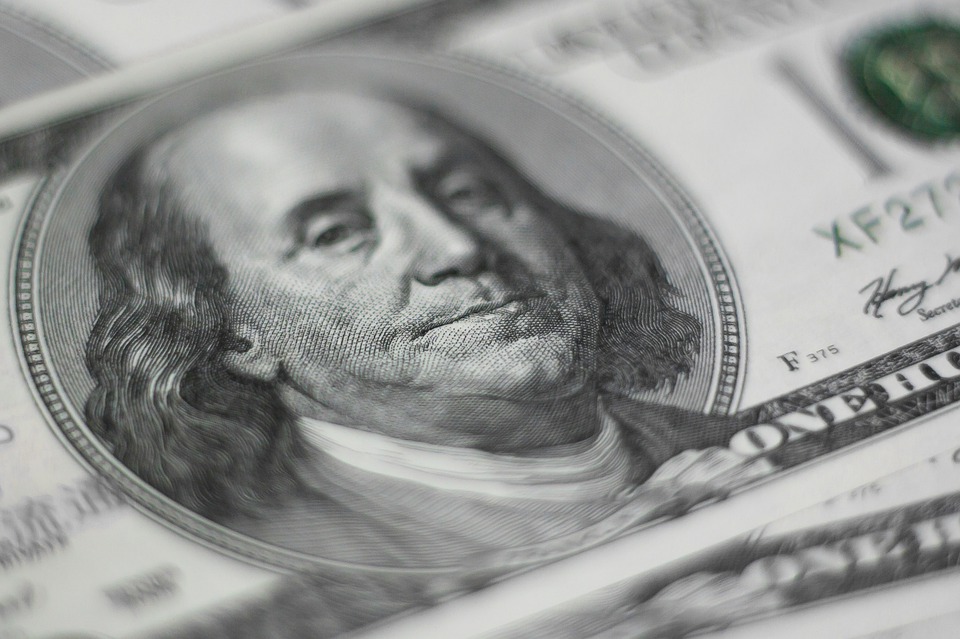
06 Jul I work in N.Y. but live in N.J. Why do I have to pay N.J. tax?
Photo: pixabay.comQ. I’ve been a resident homeowner in New Jersey for nine years. I work in New York City. I am being pursued by the New Jersey Division of Taxation to pay taxes from 2015 to 2019 in the amount of $11,000. I have already paid $3,000. Why do I have to pay New Jersey taxes when I did not work in New Jersey but in New York all this time?
— Taxed out
A. Let’s explain how this works.
If you live in New Jersey, the state has a right to tax you on your worldwide income regardless of where you work.
And if you work in New York, then New York also has a right to tax you on your New York sourced income, said Bernie Kiely, a certified financial planner and certified public accountant with Kiely Capital Management in Morristown.
This might lead you to think that you will have to pay state income tax twice, but that’s not the case.
“New Jersey will allow you to take a credit on your New Jersey income tax return for the tax you paid to another state,” he said. “This eliminates double taxation.”
If you worked in New York, your employer issued you a W-2 form showing the wages you earned in New York and the state tax withheld, Kiely said, and you probably filed a New York nonresident income tax return.
“When you filed your New Jersey income tax return, you obviously failed to include the New York wages on it,” he said. “What you should have done was included your New York wages on your New Jersey income tax return.”
He said you should have also filled out Schedule NJ-COJ “Credit for Income or Wage Taxes Paid to Other Jurisdictions.”
“This schedule allows you to calculate how much of a credit New Jersey is willing to give you against your taxes,” he said. “The number that you come up with goes on line #43 of your NJ 1040 which reduces your New Jersey taxes.”
So now New Jersey is looking for the tax due from the non-reported income.
But the state won’t be paying attention to your credit for the tax you paid to New York, Kiely said. You will have to report that to the state.
“What you should do is file a form NJ-1040X “New Jersey Amended Income Tax Return” for each year that New Jersey is looking for additional tax.
Be sure to include Schedule NJ-COJ for each amended tax return,” he said. “You will probably find that you do not owe New Jersey any additional tax.
You might also get a refund of the $3,000 you say you have already paid to the state.”
Good luck, and if you’re not sure how to proceed, it’s worth hiring a tax preparer to help.
Email your questions to .
This story was originally published on July 6, 2022.
NJMoneyHelp.com presents certain general financial planning principles and advice, but should never be viewed as a substitute for obtaining advice from a personal professional advisor who understands your unique individual circumstances.

